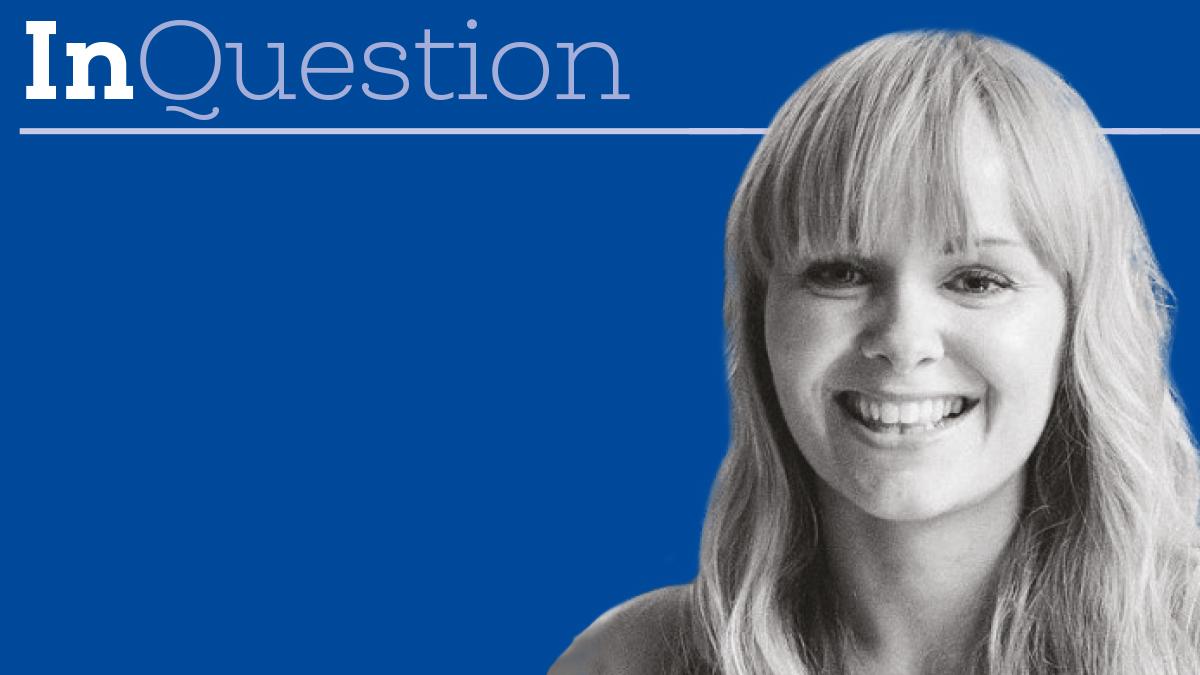‘I’m disabled. Am I entitled to a Covid-19 risk assessment?’

Yes. Here’s what you need to know. We know that disabled people are more vulnerable to Covid-19 than non-disabled people.
If you recognise as being disabled, you are protected by the Equality Act 2010.
Having a disability is defined by the act as ‘someone who has a mental or physical impairment which has a substantial and long-term impact (12 months or more) on your ability to do day-to-day activities.’
But what does this mean for you and your job? Employers have a particular duty to look after the safety of their disabled staff during the pandemic.
As a disabled person, you have the right not to be directly or indirectly discriminated against at work.
You also have the right to reasonable adjustments by way of a risk assessment.
What does a Covid-19 risk assessment look like?
A risk assessment will
- Identify what work activity or situations might cause transmission of the virus
- Consider who could be at risk
- Decide how likely it is that someone could be exposed
- Act to remove the activity or situation, or if this isn’t possible, control the risk
Examples of a reasonable adjustment following a Covid-19 risk assessment could be:
- organising your workload to allow you to work from home as much as possible
- staggering your start time so you travel when public transport is less busy.
Have a query about risk assessments?
- Any CSP member can refer to the updated for 2020 Equality & Diversity toolkit
- Call the CSP enquiry line 0207 306 6681 who will be able to direct you the relevant team for advice
- Contact your local CSP steward
- Sian Caulfield is the CSP’s national officer for equality and diversity
Number of subscribers: 1
